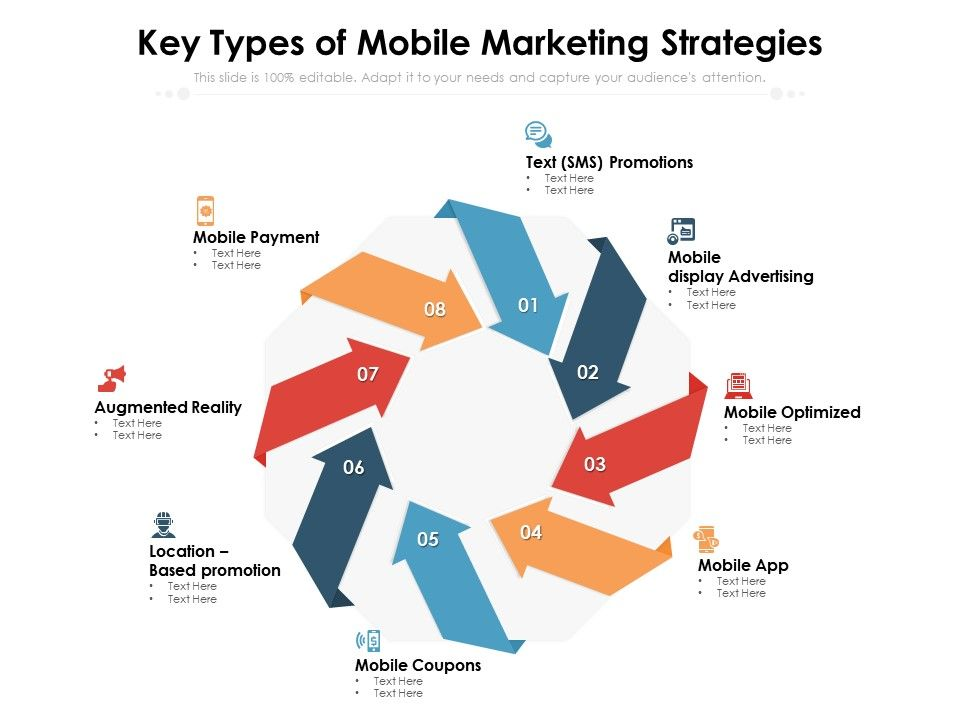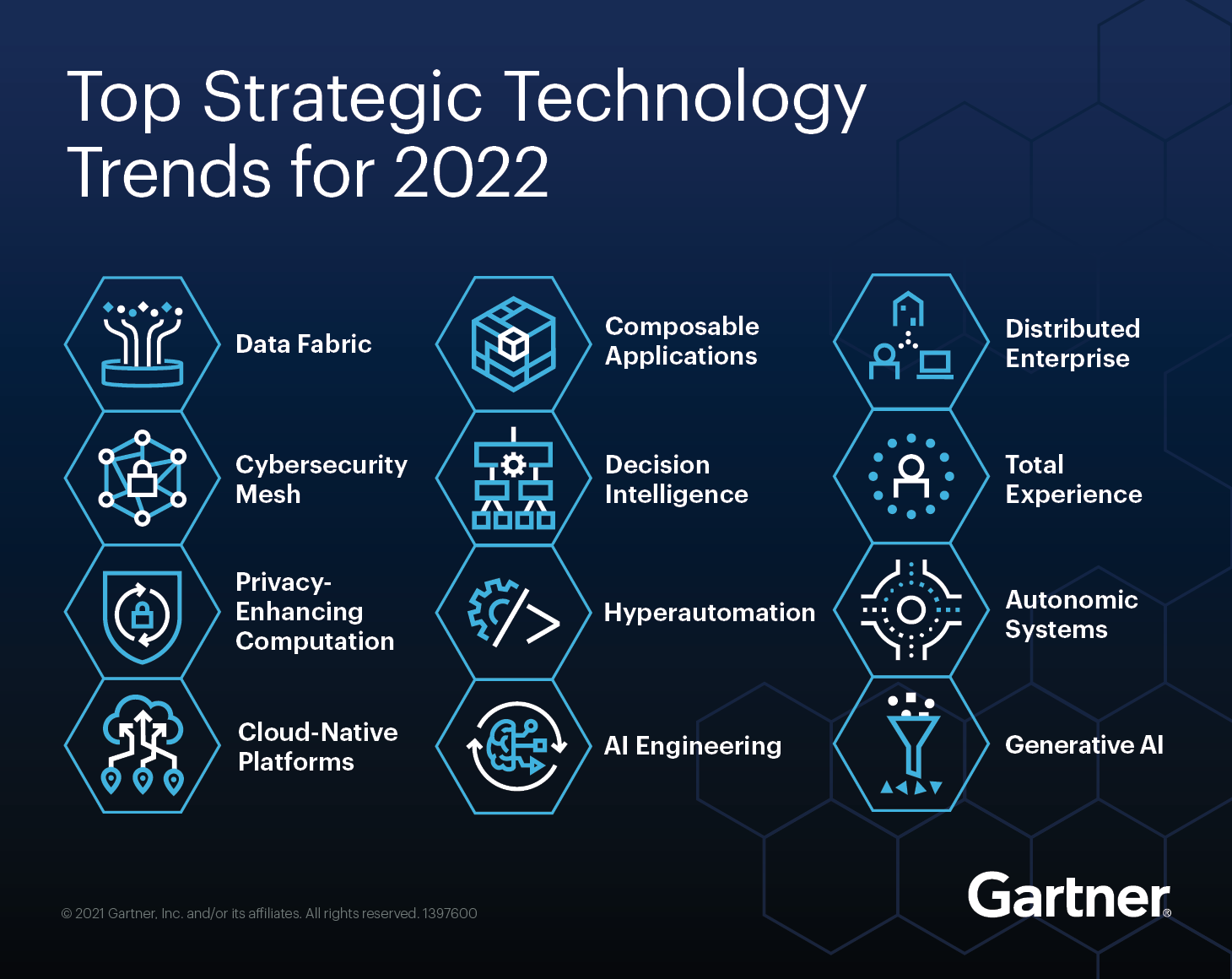Mobile Advertising Trends 2024:
In the dynamic landscape of digital marketing, mobile advertising continues to evolve at a rapid pace. With the rise of smartphones and mobile apps, businesses are increasingly leveraging mobile ad technology to reach and engage their audiences. As we approach 2024, staying ahead of mobile advertising trends is crucial for marketers aiming to optimize their campaigns and maximize their ROI. In this blog, we'll explore the latest mobile advertising trends, strategies, and technologies shaping the future of mobile advertising.1. The Evolution of Mobile Ad Technology
Mobile ad technology has come a long way since its inception. Today's advancements include sophisticated algorithms, AI-driven targeting, and real-time bidding systems. As mobile ad technology continues to evolve, marketers must adapt to new tools and platforms that enhance ad delivery and performance.
Mobile Ad Formats: Mobile ad formats have diversified to include interstitials, native ads, and rewarded videos. These formats are designed to capture user attention and deliver engaging experiences. For instance, mobile video ads are becoming increasingly popular, offering high engagement rates and immersive experiences.
Mobile Programmatic Advertising: Programmatic advertising, which uses automated systems to buy and place ads, is a key trend in mobile advertising. It allows for real-time bidding and precise targeting, ensuring ads reach the right audience at the right time. Programmatic advertising platforms are continually advancing, providing more sophisticated targeting and optimization options.
2. Mobile Advertising Strategies
Effective mobile advertising strategies are essential for maximizing campaign performance. Here are some key strategies to consider:
Mobile Ad Targeting: Precision targeting is crucial for mobile ad success. Marketers are leveraging data to target users based on their behavior, demographics, and location. Mobile ad targeting techniques include geo-targeting, which allows advertisers to deliver location-based mobile ads, and behavioral targeting, which focuses on user interests and interactions.
Mobile Ad Personalization: Personalization enhances the user experience by delivering relevant ads based on individual preferences. Mobile ad personalization can include dynamic content, personalized recommendations, and tailored messaging. Leveraging AI and machine learning helps automate and optimize personalization efforts.
Mobile Advertising Analytics: Analytics play a vital role in understanding campaign performance. Mobile advertising analytics provide insights into key metrics such as click-through rates, conversion rates, and user engagement.
Gaming has evolved into a global phenomenon, transcending
traditional boundaries of entertainment to become a dynamic and immersive
experience that captivates millions of players worldwide. From casual mobile
games to expansive open-world adventures on consoles and PCs, gaming offers a
diverse range of experiences that cater to all interests and skill levels. The
industry has grown to include not just playing games but also streaming,
eSports competitions, and content creation, forming vibrant communities around
shared passions. Technological advancements like virtual reality (VR),
augmented reality (AR), and cloud gaming are pushing the limits of what’s
possible, providing ever more realistic and interactive environments. Whether
as a form of relaxation, a competitive pursuit, or a way to connect with
friends, gaming continues to redefine how we play, interact, and engage with
digital worlds. https://shorturl.at/JVRR0
3. Enhancing Mobile User Experience
A seamless mobile user experience is crucial for the success of mobile advertising. Poor user experience can lead to high bounce rates and low engagement. To enhance the mobile user experience, consider the following:
Mobile Ad Optimization: Optimizing mobile ads for performance involves testing different ad formats, creatives, and placements. A/B testing helps identify the most effective variations and improve overall ad performance.
In-App Advertising: In-app advertising is a popular approach for reaching users within mobile apps. It provides opportunities for highly targeted and engaging ad experiences. Ads can be integrated seamlessly into the app's content, reducing disruptions and enhancing user engagement.
Mobile Video Ads: Mobile video ads are gaining traction due to their ability to deliver rich, interactive experiences. Short-form video content, such as TikTok ads and Instagram Reels, offers high engagement potential. Optimizing video ads for mobile devices involves ensuring fast load times, high-quality visuals, and compelling calls-to-action.
4. Addressing Mobile Advertising Challenges
Despite the opportunities, mobile advertising comes with its own set of challenges. Addressing these challenges is crucial for achieving success in mobile marketing:
Mobile Ad Fraud Prevention: Ad fraud is a significant concern in mobile advertising, with fraudulent activities such as click fraud and impression fraud impacting ad budgets. Implementing fraud prevention measures, such as ad verification tools and machine learning algorithms, helps mitigate these risks.
Mobile Advertising Challenges: Challenges such as ad-blocking and privacy concerns can impact mobile ad performance. To overcome these challenges, focus on delivering valuable, non-intrusive ad experiences and comply with privacy regulations.
Mobile Ad Spending Trends: Mobile ad spending continues to rise, with projections indicating significant growth in the coming years. Staying informed about spending trends helps marketers allocate budgets effectively and invest in high-performing channels.
5. Embracing Emerging Trends and Technologies
As we move into 2024, several emerging trends and technologies are set to shape the future of mobile advertising:
Cross-Device Mobile Advertising: With users accessing content across multiple devices, cross-device advertising ensures a consistent experience. By leveraging data from various touchpoints, marketers can create cohesive campaigns that reach users wherever they are.
Mobile Marketing Automation: Automation tools streamline mobile advertising processes, from ad creation to optimization. Marketing automation platforms help manage and execute campaigns more efficiently, allowing for real-time adjustments and personalized messaging.
Location-Based Mobile Ads: Location-based advertising leverages GPS and geofencing technology to deliver relevant ads based on a user's location. This trend is particularly effective for driving foot traffic to physical stores and enhancing local marketing efforts.
Mobile Ad Personalization and AI: AI-driven personalization is transforming mobile advertising. By analyzing user data and behavior, AI algorithms can deliver highly relevant ads and optimize campaign performance. The integration of AI enhances targeting, personalization, and overall ad effectiveness.
Real
estate is a dynamic and ever-evolving industry that plays a crucial role in the
economy, offering a wide range of opportunities for investors, buyers, and
sellers alike. It encompasses the buying, selling, and leasing of properties,
including residential homes, commercial spaces, and industrial sites. In recent
years, the real estate market has been significantly influenced by factors such
as fluctuating interest rates, evolving buyer preferences, and the rise of
digital technology, which has transformed how properties are marketed and sold.
For investors, real estate remains a solid asset class, providing potential for
long-term appreciation, passive income through rentals, and portfolio
diversification. Whether navigating urban housing markets or exploring rural
developments, success in real estate requires a keen understanding of market
trends, location factors, and the needs of modern consumers. https://shorturl.at/q5lZ1
Conclusion
As mobile advertising continues to evolve, staying ahead of trends and embracing new technologies is essential for success. By leveraging advanced mobile ad technology, optimizing user experiences, and addressing challenges, marketers can create impactful campaigns that drive engagement and deliver measurable results. In 2024, the key to success in mobile advertising will be a combination of innovative strategies, data-driven insights, and a focus on delivering value to users.




Comments
Post a Comment